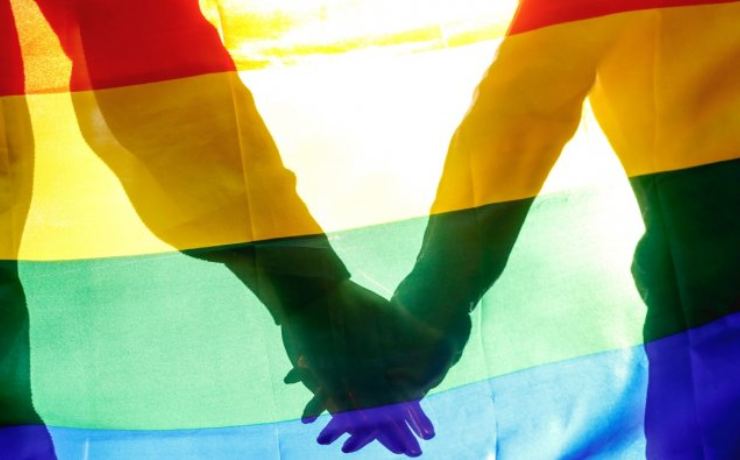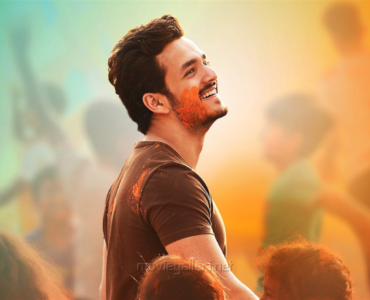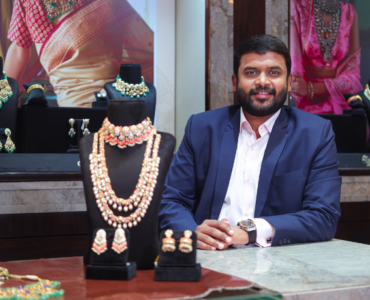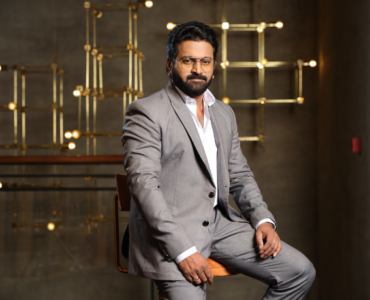Mehak Walia in conversation with Advocate Shubhankar Choudhary, an esteemed lawyer at the Supreme Court of India and the High Court of Delhi. She also speaks with some members of the LGBTQIA+ community and their allies.
The fight for an equal and respectable existence for the LGBTQIA+ community has been a long-running, testing and painful struggle that persists not only in India but globally. India began to take steps in the right direction in 2018 when the application of section 377 of the Indian Penal Code to private consensual sex between men was ruled unconstitutional by India’s Supreme Court, effectively decriminalizing homosexual activity. Since that special day, many Indian same-sex couples have been struggling to celebrate their love by tying the knot.
It has been five years and same-sex couples are still fighting for this basic human right. The government continues to argue that the “accepted view” of marriage is that of a male and female entering matrimony, describing it as a holy union and a sacrament. Thereby, time and again insinuating that same-sex marriages are somehow not comparable to straight marriages. Thankfully, it seems like the justice system has had enough and they have finally heard these pleas and taken matters into their own hands. A five-judge panel of India’s Supreme Court is to begin debating whether the country will finally legalize same-sex marriage. This panel will be hearing arguments on the issue from 18 April onwards.
This is a great move in the right direction because if the Supreme Court grants marriage equality for same-sex couples, it would be the biggest change that we have seen in this generation. It would be a step towards a world of equality, happiness and love. While we’re looking ahead and hoping for a bright and rainbow-laden future for the country, let’s learn what the proceedings in the court are and where they are headed.
Shubhankar Choudhary, an esteemed lawyer at the Supreme Court of India and the High Court of Delhi, explains that “Firstly, it is important to keep in mind that since the decriminalization of same-sex relationships by the Supreme Court in 2018, different High Courts have been taking pro-LGBT decisions. The Kerala High Court and the Punjab High Court have said that same-sex couples are entitled to live together and that their families cannot be allowed to keep such couples apart. The Madras High Court has passed orders banning conversion therapies to which members of the LGBT community are often forcibly subjected. The Madras High Court has also directed that the medical curriculum must be reviewed and updated to ensure that it does perpetuate dated medical prejudices against the LGBT community.”
He further added, “The litany relating to same-sex marriages have taken place at multiple High Courts. The earliest petition was filed before the High Court of Delhi by a well-known queer
rights activist. Soon after, several other Petitions were preferred in other High Courts, and also before the High Court of Delhi. The High Court of Delhi had clubbed all the matters together, and it was requested by the Petitioners that the hearings should be telecast live. The Union of India opposed this request and long-drawn hearings on whether the Court should allow the request for live telecast. In the meantime, several Petitions came to be filed before the Supreme Court of India, which while issuing notice (that is when agreeing to hear the cases), also transferred all pending petitions before different High Courts to itself, to hear the matters together. This was a huge step in the right direction.”
Talking specifically about the right to marry he explained, “The right to marry a person of one’s own choice is considered as falling under the right to life and personal liberty under Article 21 of the Constitution. Most recently, this was reiterated in the case of Shafin Jahan v Union of India. Therefore, the Petitioners cannot be denied their fundamental right on account of their sexual orientation. The Special Marriage Act 1954 states that a marriage may be solemnized between ‘any two persons’. Therefore, the terminology is not gendered to say that it has to necessarily be between a man and a woman. Further, Section 4 states that ‘the male has completed the age of twenty-one years and the female the age of eighteen years’. It does not necessarily, therefore, state that the male is to be married to a female.”
This basic right to get married might seem like a small change but it can change lives and make people feel secure and respected. To get a closer view of its importance, some
members of the LGBTQIA+ community and their allies have put across some informative, emotional and fabulous points in anticipation of the upcoming hearings.
Kabir Rathor, a trans man who works as the operations officer in a visa processing company expressed, “In India, even if we wish to do something basic as declare someone a nominee in our provident funds or insurance documents, we are required to have a blood relation with that person or a legal and documented marriage. There are a lot of places, organizations and points in our lives where we have to prove the fact that our relationships are strong and most importantly, legal. For such proof, we require the ability to register our marriages. This right is extremely essential and it not only makes our relationships legally complete but also gets them the respect that they deserve. It is a very essential step.”
Elaborating on a similar point, Ramit Dogra, an ally of the LGBTQIA+ community who is currently preparing for UPSC believes that, “The Government of India’s argument opposing this is seriously flawed as they are claiming same-sex marriages are against our culture. It is flawed because they in their heads believe in the institution of marriage as depicted by Manusmriti but that book doesn’t govern us. You see, Marriage is nothing but a legal recognition of the rights of a partner. This legal right and the subsequent perks of protection, partnership, alimony and maintenance are what people sign up for when they decide to get married. It has nothing to do with the romantic outlook shown in movies. Hence, providing this legal right not only benefits the society as it would only put more liquidity into the system and the market.”
Meanwhile, Bela Sharma, the project manager at Mitr Trust Garima Grahmin and a social activist who has been fighting for the community for 8 years believes that “Marriage is very essential for everyone, especially in our society. When it comes to trans people, we tend to be separated from our families too, leaving us with no social connections. This is why we seek a partner to support us and stay with us through life. But there are a lot of risks that come along with this search including violence, fights, and arguments like any other relationship-This is what makes a legal union essential because that will make sure that we also have basic rights and security in these relationships. This will be a brilliant step forward for equality.”
Similarly, Sayesha Kapoor, a bisexual cisgender woman who works as a teacher strongly believes that “I have been with my girlfriend for about 5 years. Whenever I go to a wedding, I wish that my girlfriend and I could openly celebrate our love with all of these fun traditions and get an official marriage certificate to place on our walls with pictures from the wedding. It always bums me out that I cannot make her feel like a real bride and that sucks. Getting married is a basic right and a true celebration of love. Everyone deserves to have this right irrespective of their partners’ gender or sexuality. The community has been fighting for this basic right for far too long and it’s about time that we get what is rightfully ours.”
While discussing the process of the hearings that will commence on the 18th of April, it is clear that the consideration of a matter before a Constitution Bench of the Supreme Court is a lengthy and multilayered exercise which is bound to take substantial time. Day-to-day hearing of the matter could expedite the process. So, it is expected that the Court will initially deal with some housekeeping issues, where it will decide who will make submissions before the Court when and how much time each of them would be given. It is expected that the Petitioners shall begin their submissions, which may go on for multiple days. After that, the Union of India and others opposing the Petitioners would be permitted to make their submissions.
The entire hearing will possibly continue for multiple days and therefore, it is important to keep in mind that the decision will not come right away. After the conclusion of arguments, the Court shall reserve judgement, and the Judges will take a few weeks to write their judgements. It is destined to be a months-long testing process which is to be expected because after all, the battle has been the same, hasn’t it? All we can do as members and allies of the LGBTQIA+ community is spread the right message to create a well-informed society, wait patiently, hold onto our hopes, and of course, keep fighting the battle towards a beautiful rainbow-laden tomorrow.















